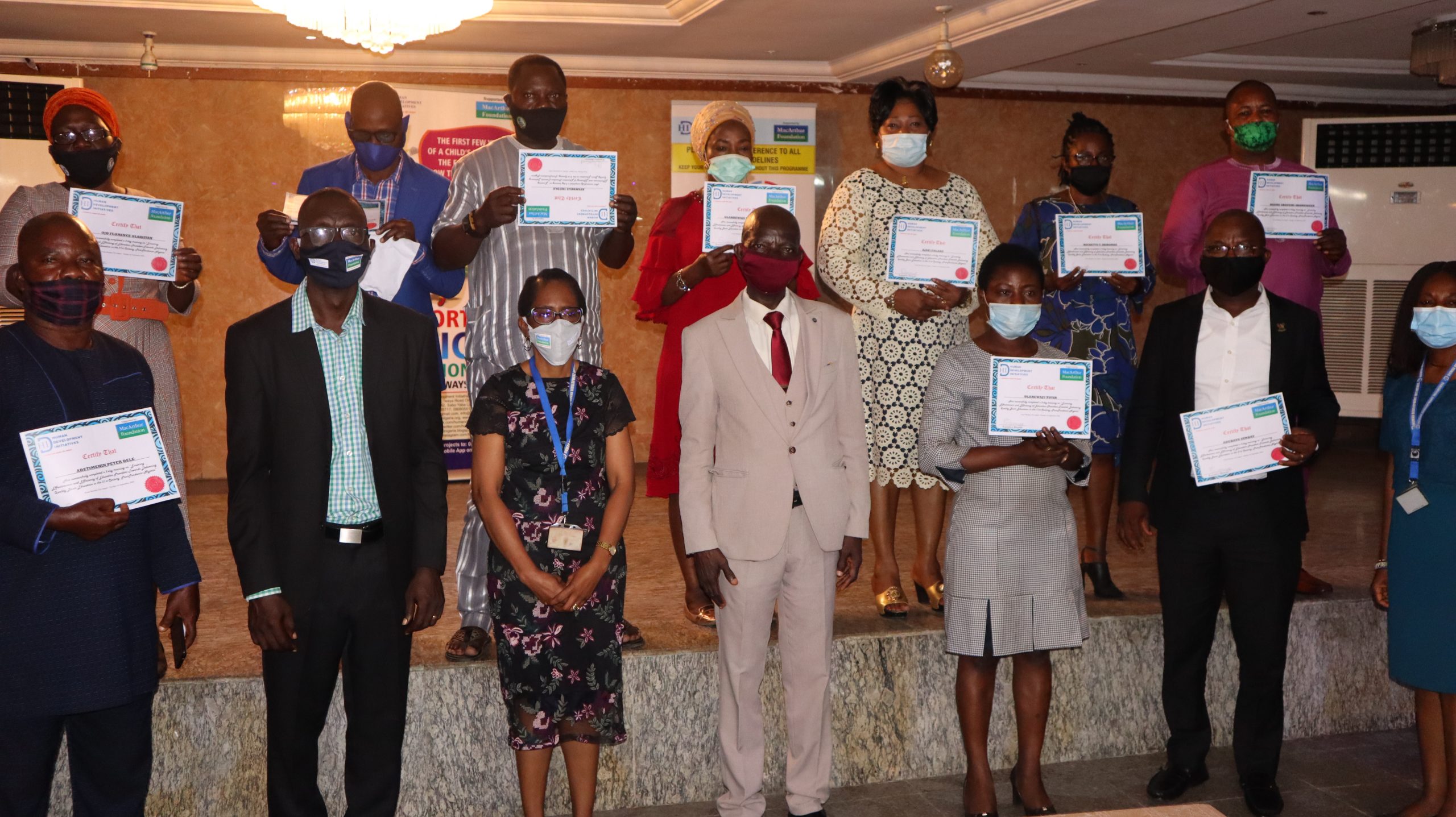A COMMUNIQUE ON RUNNING QUALITY BASIC EDUCATION IN LAGOS STATE ISSUED AT THE END OF A 2-DAY TRAINING FOR BASIC EDUCATION HANDLERS COMPRISING OF HEADS OF EDUCATION OF LGAs/LCDAs, TESCOM OFFICERS, SCHOOL ADMINISTRATORS AND SELECTED TEACHERS OF LAGOS STATE

Basic education set the foundation on which a nation’s educational system is built, so it is a human right and for public good.
Quality basic education is one that provides all learners with the capabilities they require to become economically productive, develop sustainable livelihood, contribute to peaceful and democratic society, and enhance individual well-being. It is a universally compulsory, uninterrupted, 9 years of education.
In Nigeria, Basic Education is compulsory for every child of school age and planned to drastically reduce incidents of drop out from the formal school system.
Lagos State is at the forefront of providing quality Basic Education in Nigeria, nonetheless, there remains much to be done in actualizing the United Nations’ expectation at this level of education.
The main papers presented were:
- Effective Basic Education in a 21st Century Nigeria; Challenges and Way Forward
- The Effective Teacher: Delivering Quality Basic Education in the 21st Century
- The Post-Covid Basic Education System in Nigeria
- Stakeholders Mapping and SMART Delivery of Basic Education Objectives.
OBSERVATION
The participants at the workshop observed that:
- No State in the Federation, including Lagos State, despite the vast resources available has been able to realize its maximum capacity of 100 % of Gross Enrollment, Retention in school as well as Completion Ratio with appropriate expectation.
- Inadequate talent hunting, especially in practical oriented subjects that could lead to self-reliance and sufficiency is a problem.
- Inadequate involvement of stakeholders in implementation of Basic Education policy.
- Inconsistency in administration, management and politicization of Basic Education.
- Incomplete projects meant for execution in the Basic Education sector of the State.
- Poor societal awareness about Basic Education is another problem.
- Inadequate budgetary provision for education and re-allocation of appropriated funds to other sectors.
- Population explosion and challenges of teachers’ management.
RECOMMENDATIONS
For more effective and better efficiency in pursuance of quality Basic Education in Nigeria and Lagos State as model towards achievement of the desired goals, the following were recommended:
- There should be strategic mobilization of all stakeholders and the society at large on the need to embrace and support Basic Education to achieve its desired goals.
- Government should put more effort to involve more practical oriented subjects and special attention given to talent hunt to arouse interest of students.
- Government should involve other stakeholders in classroom running and curriculum development.
- Regular review of educational plans to meet current trends.
- All projects once initiated should be completed.
- There is need for better orientation on the importance and benefits of Basic Education in the society, especially in Lagos State and the Nation at large.
- There should be strict compliance to UNESCO recommendation on budgetary allocation for Education.
With the objectivity of observation but without prejudice to efforts and activities of the Lagos State Government and all stakeholders thus far, the implementation of the above recommendations among others, would further enhance a result-oriented Basic Education in the state.